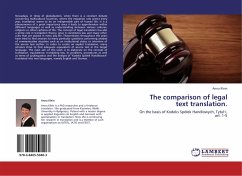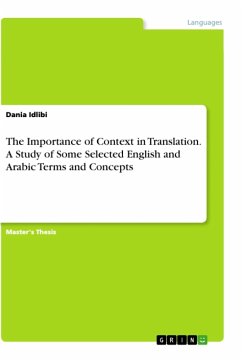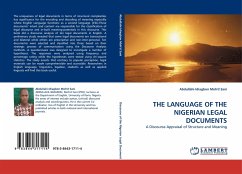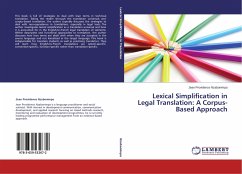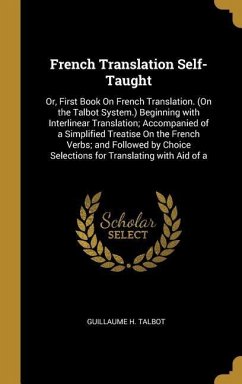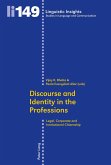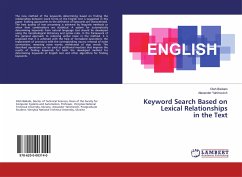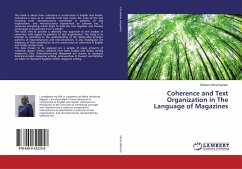Nowadays, in times of globalization, when there is a constant debate concerning multicultural countries, where the migration rate grows every year, translation seems to be an indispensible part of human life. It is a phenomenon of a great importance since it leads to apprehension within different languages as well as understanding between various cultures, religions or others spheres of life. The concept of legal translation has also a prime role in translation theory, since it constitutes law and many other rules that are pivotal in every day life. Theoreticians throughout the years have tried to find answers to many particular questions concerning analysis of communicative situation such as an institutional status or intention of the source text author. In order to create an explicit translation, many scholars strive to find adequate equivalents of source text in the target language. The main aim of this work is to elaborate on the concept of translation, equivalence, translating law, its problems, procedures as well as terms of jurylinguistics and the analysis of Kodeks Spó ek Handlowych translated into two languages, namely English and German.
Bitte wählen Sie Ihr Anliegen aus.
Rechnungen
Retourenschein anfordern
Bestellstatus
Storno

